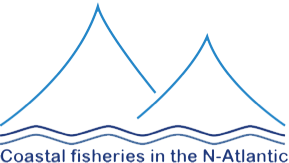The sister agency of the Food Administration (MAST) in Russia has been auditing Iceland for the past two weeks. Its employees were in Iceland on behalf of the Customs Union of Russia, Belarus and Kazakhstan, as reported on MAST website.
The news from MAST states, among other things, that health certificates have been forged in the name of the agency and several Icelandic companies due to the import of salmon to the Allies, but MAST has a copy of a number of such certificates. The issuance of forged certificates is, of course, a grave matter for the Icelandic food industry, and it is important that every year is taken to prevent this, whether these or other countries are involved.
The conclusion of the visit was that the Icelandic food industry and MAST enjoy the trust of the sister institution MAST in the customs union in question and that it is important to establish electronic communication between the institutions.
Matís participates in a European project on counterfeiting and integrity in the food industry, which is intended to promote the use of research and development to ensure the falsity of European food. The project aims to develop methods for detecting and preventing fraud in the European food industry, and in this context the importance of e.g. genetic research on species origin and food content.
In the food industry, as elsewhere, integrity is a prerequisite for the consumer to trust the product, but food manufacturers have felt the effects when customers' trust is damaged due to scandal, but many no doubt remember the tragedy that followed the emergence of horsemeat instead of beef in many ready-made dishes.
More about the FoodIntegrity project.

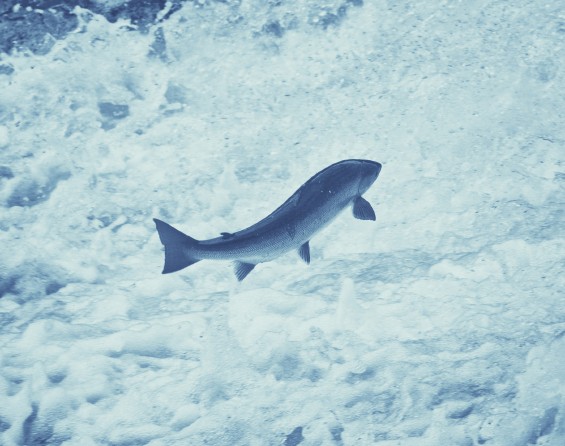
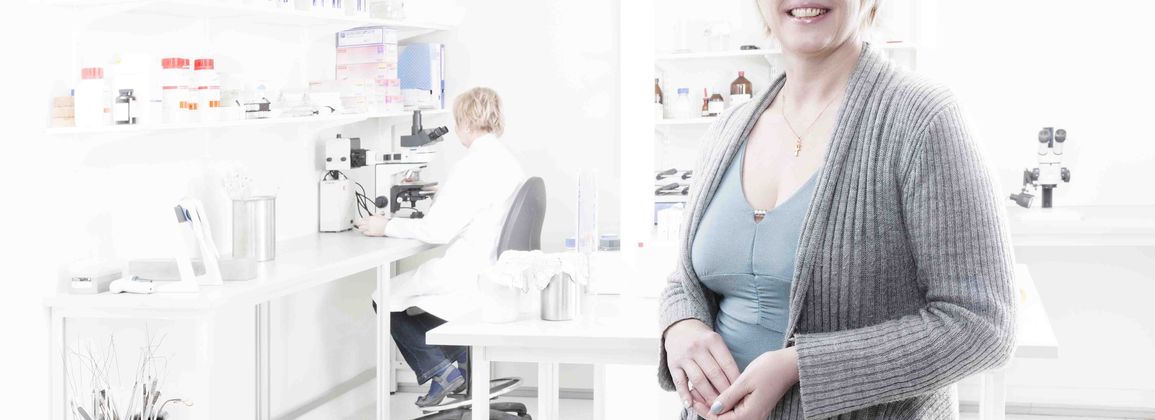
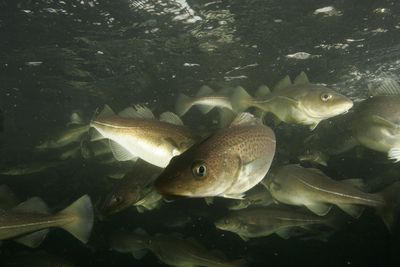
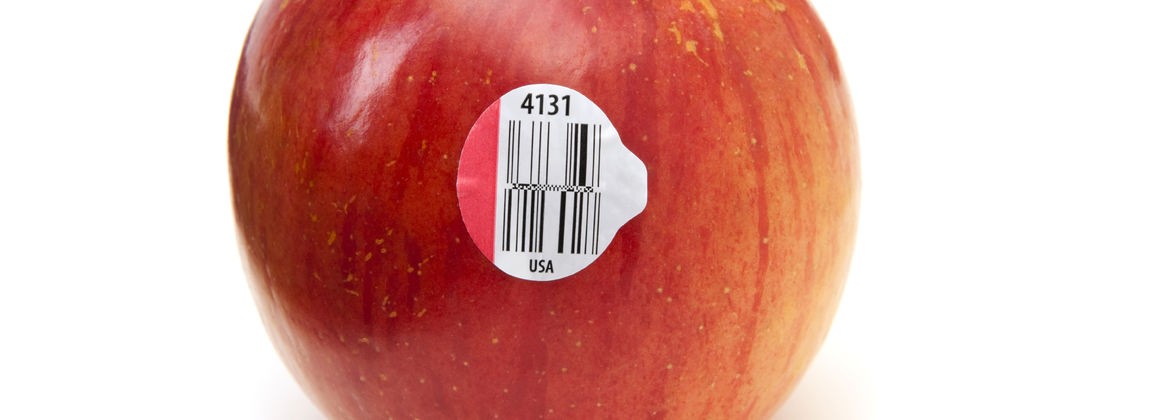
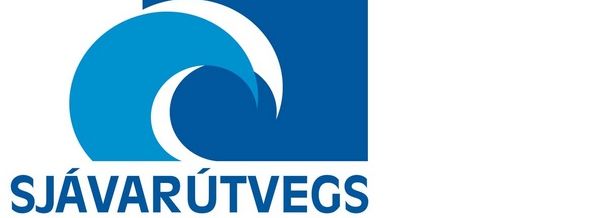
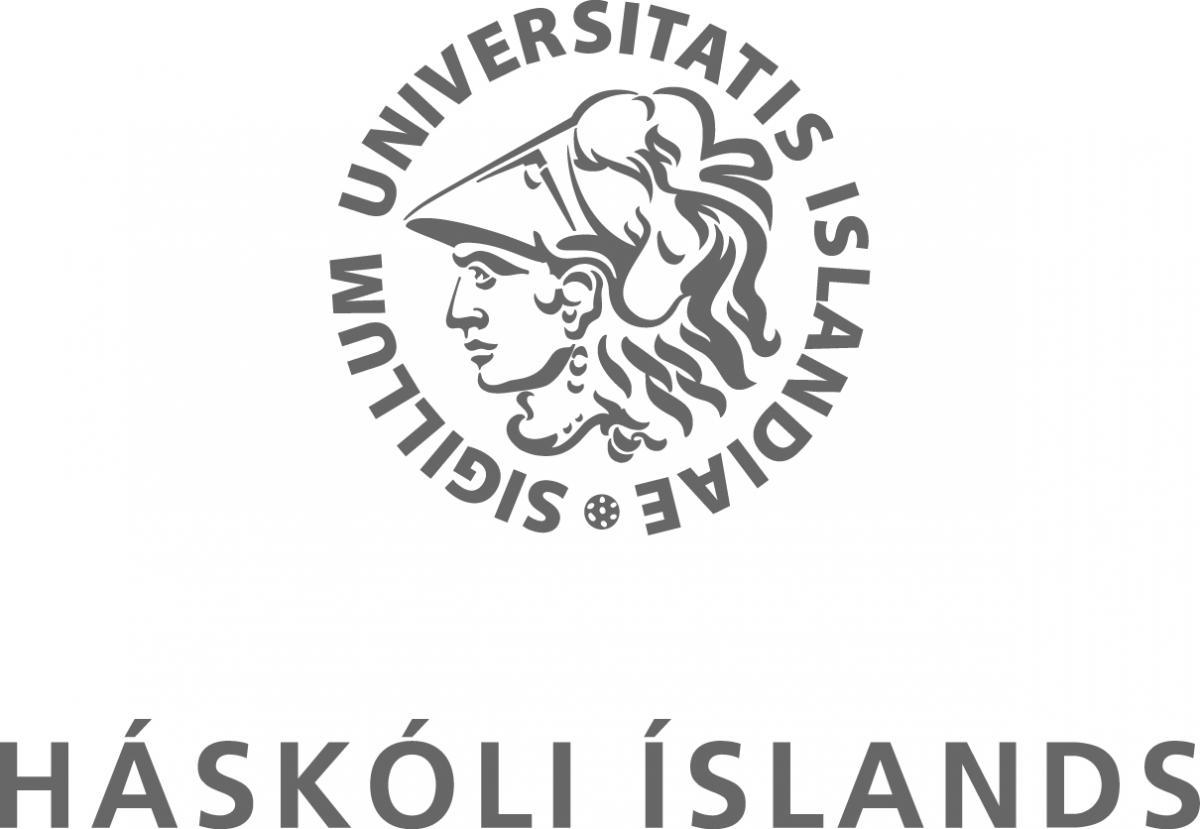
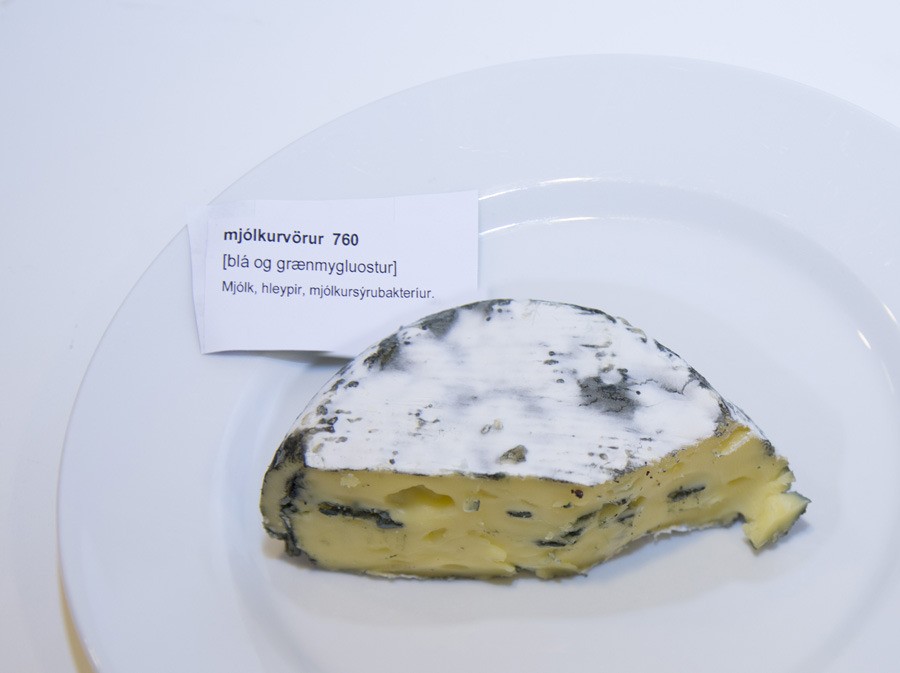
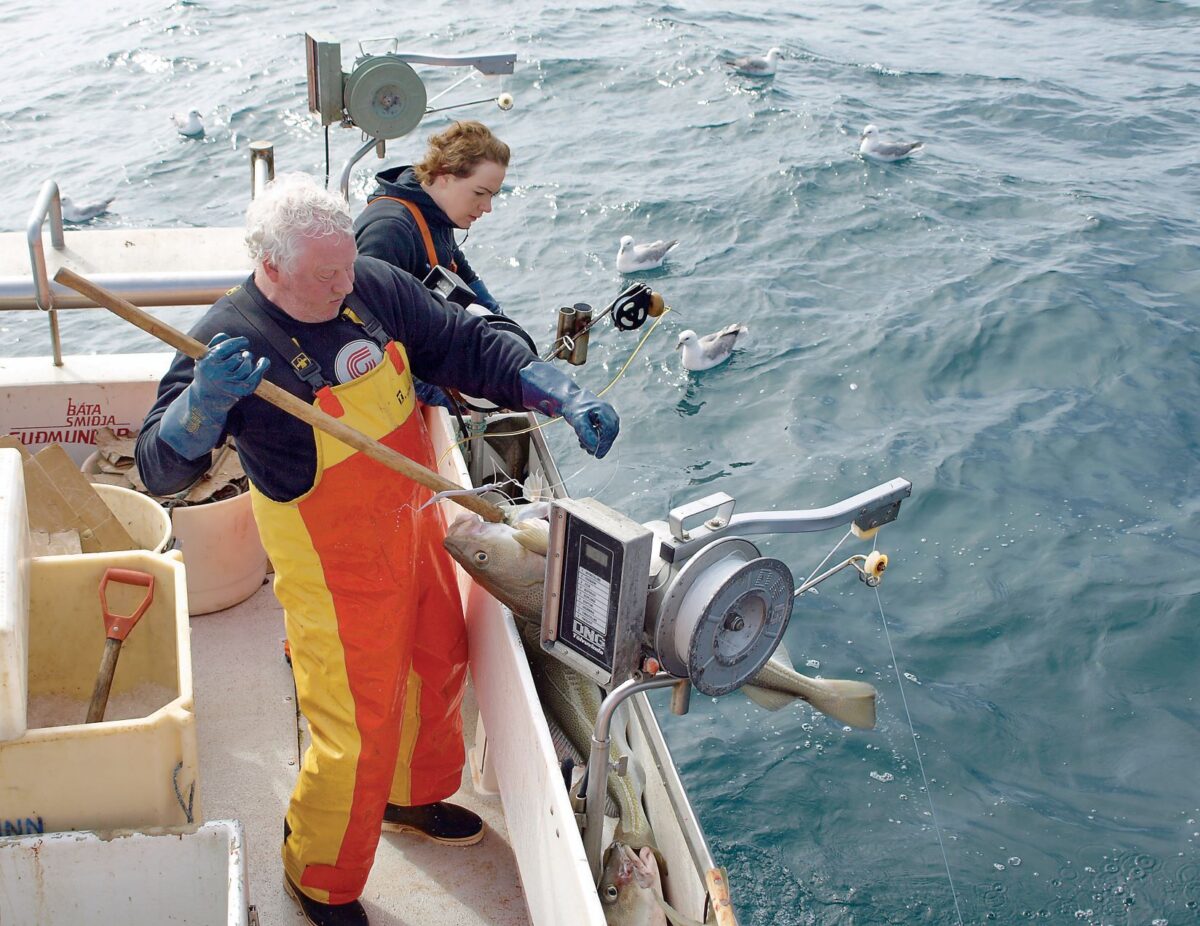



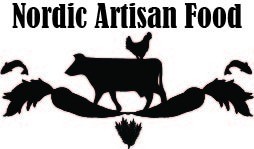
 Food crafts | Artisan Food Food crafts | Artisan Food.
Food crafts | Artisan Food Food crafts | Artisan Food. Food crafts | Artisan Food Food crafts | Artisan Food.
Food crafts | Artisan Food Food crafts | Artisan Food. Food crafts | Artisan Food Food crafts | Artisan Food.
Food crafts | Artisan Food Food crafts | Artisan Food. Food crafts | Artisan Food Food crafts | Artisan Food.
Food crafts | Artisan Food Food crafts | Artisan Food. Food crafts | Artisan Food Food crafts | Artisan Food.
Food crafts | Artisan Food Food crafts | Artisan Food. Food crafts | Artisan Food Food crafts | Artisan Food.
Food crafts | Artisan Food Food crafts | Artisan Food. Food crafts | Artisan Food Food crafts | Artisan Food.
Food crafts | Artisan Food Food crafts | Artisan Food. Food crafts | Artisan Food Food crafts | Artisan Food.
Food crafts | Artisan Food Food crafts | Artisan Food. Food crafts | Artisan Food Food crafts | Artisan Food.
Food crafts | Artisan Food Food crafts | Artisan Food. Food crafts | Artisan Food Food crafts | Artisan Food.
Food crafts | Artisan Food Food crafts | Artisan Food.